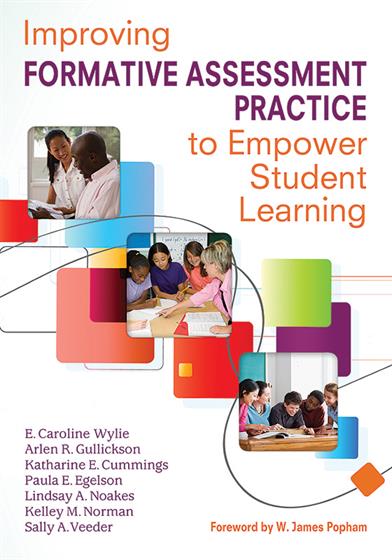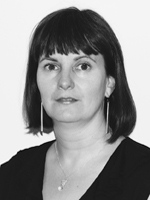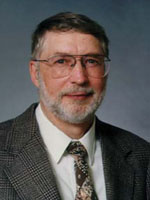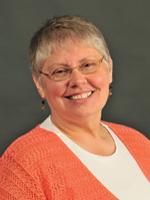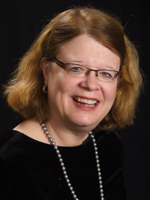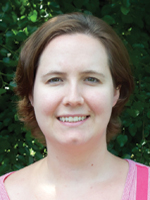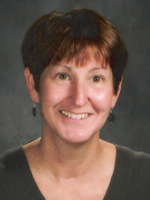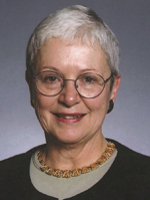Hands-on, Practical Guidance for Educators
From math,
literacy, equity, multilingual learners, and SEL, to assessment, school counseling,
and education leadership, our books are research-based and authored by experts
on topics most relevant to what educators are facing today.

Improving Formative Assessment Practice to Empower Student Learning
By:
E. Caroline Wylie, Arlen R. Gullickson, Katharine E. Cummings, Paula E. Egelson, Lindsay Akers Noakes, Kelley M. Norman, Sally A. Veeder
Foreword by W. James Popham
Supercharge your formative assessment skills and watch student learning soar with this book’s proven method. Includes case studies, examples, and a companion website with tools and templates.
Product Details
- Grade Level: K-12
- ISBN: 9781412997010
- Published By: Corwin
- Year: 2012
- Page Count: 160
- Publication date: December 26, 2012
